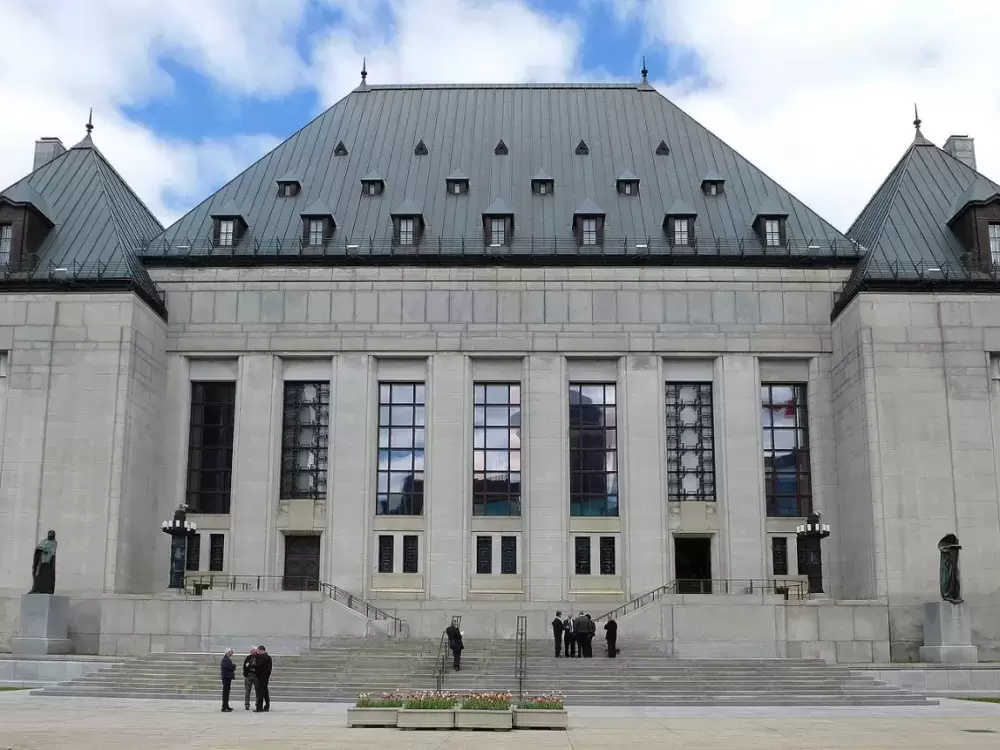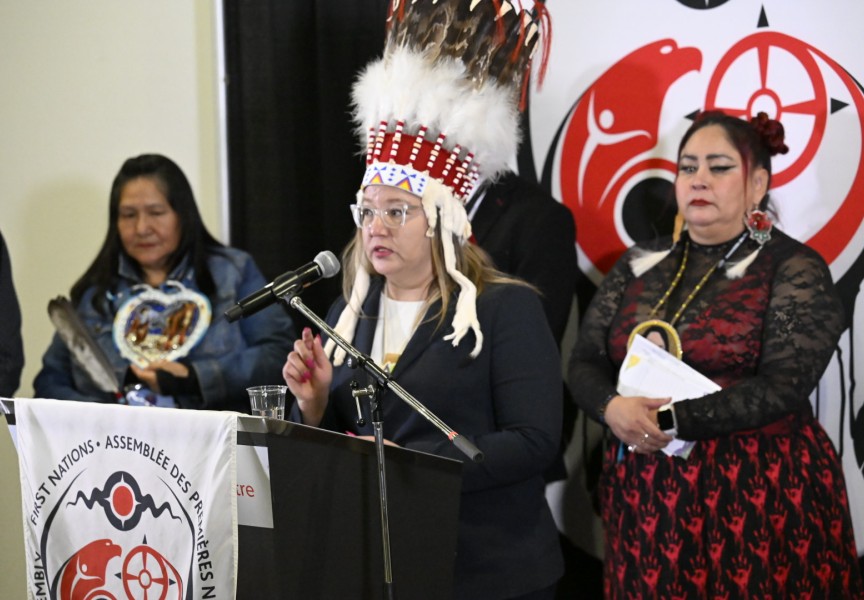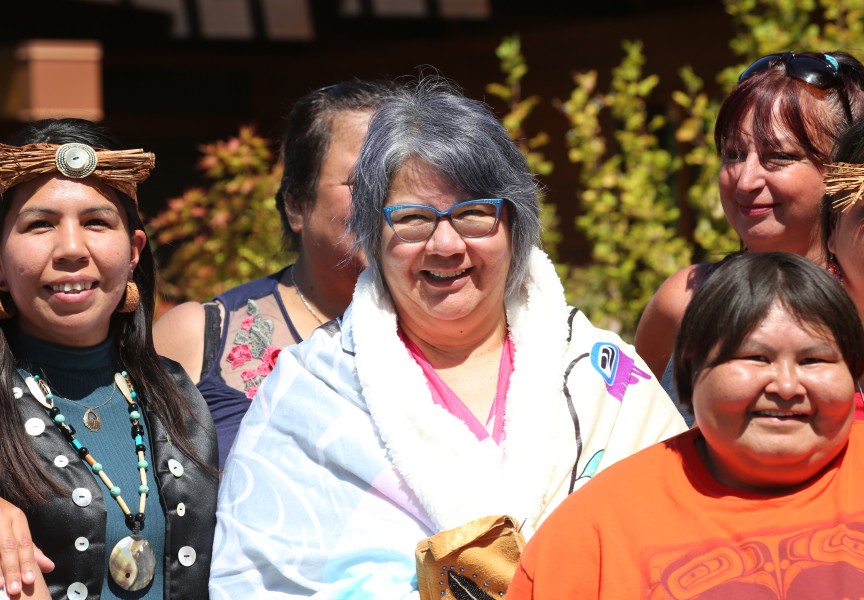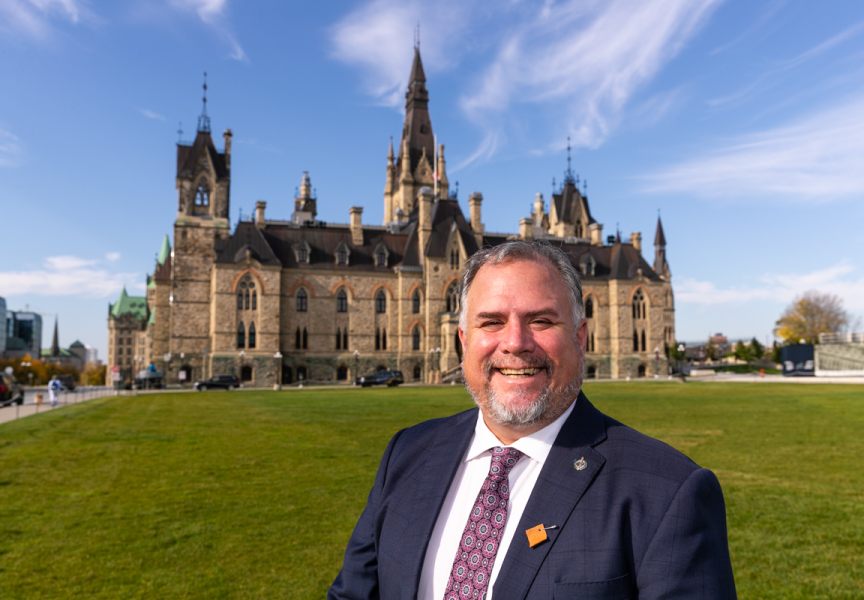The Supreme Court of Canada has determined that Parliament does not need to consult with Indigenous peoples before passing legislation – even if these laws could undermine their treaty rights.
With a 7-2 vote, Canada’s highest court announced the ruling Oct. 11, with a decision against the Mikisew Cree First Nation’s claim that two Harper-era omnibus bills from 2012 broke an 1899 treaty.
Back in 1899 the Mikisew Cree signed a treaty with Queen Victoria, the eighth written agreement between the Crown and First Nations in Western Canada. In this treaty the Mikisew Cree surrendered ownership of their land - on the condition that they would continue to be able to hunt, fish and trap game in the territory.
Most of the First Nation’s territory lies in northeastern Alberta, an area rich in oilsands resources. The First Nation feared their rights were threatened when Ottawa passed legislation in 2012 that change how the environment would be protected. The new laws enabled oil companies to build on or near waterways without government approval.
“The Mikisew said no one would be making sure fish and wildlife wouldn’t be harmed,” read a press release from the Supreme Court of Canada on the recent ruling. “They were not consulted on the changes.”
As the First Nation legally challenged these laws, the Federal Court determined that Canada should have consulted the Mikisew – but the Federal Court of Appeal disagreed.
“It also said courts should only be able to hear challenges to laws that have been passed, not laws that are being developed and debated,” stated the Supreme Court release. “This was because Parliament, not the Crown, develops and passed law, according to the “separation of powers” in the Canadian Constitution.”
Ironically, Aboriginal treaty rights are meant to be protected by the Constitution. Just two of the nine Supreme Court Judges determined that Parliament had the duty to consult Indigenous communities before passing laws that could harm them. Justice Malcolm Rowe went on to say that there were other ways for the Mikisew to assert their rights without affecting the passing of laws in Ottawa.
“It could make it very complicated for governments to prepare legislation and budgets,” paraphrased the Supreme Court of the judge’s determination. “It would put courts in the position of supervising dealings between Indigenous groups and legislators, something they are not well suited to do.”
Nuu-chah-nulth Tribal Council President Judith Sayers believes this ruling goes against the nation-to-nation messaging that comes from Ottawa, including its commitment to follow the United Nations Declaration on the Rights of Indigenous Peoples. This declaration includes a commitment to consulting Indigenous Peoples before laws are passed, said Sayers.
“You have a government that has committed to implement the declaration, but goes to court and argues that they don’t have to do this when they’re supposed to do it. So how do we take this government seriously?” she asked, citing the 2012 legislation that concerns the Mikisew. “Not consulting them in legislation, in my opinion, is running roughshod over their rights.”
The practice of pushing an agenda through without full consultation was evident on Vancouver Island recently with the writing of a new Fisheries Act, said Sayers. This pending legislation was intended to “restore lost protections and incorporate modern safeguards” to the environment that were changed under the previous Conservative government, according to Prime Minister Justin Trudeau. But substantial changes appeared to already be in place when DFO officials came to Nuu-chah-nulth territory earlier this year with a draft of the legislation already completed.
“I wouldn’t call it consultation; it was more of a discussion,” Sayers said. “Their processes are flawed.
So if we have the Supreme Court of Canada now saying they don’t have to consult at all, will they bother?”
On the provincial level, a far better display of consultation was evident when B.C. drafted its Water Sustainability Act, said Sayers. Passed in February 2016 to ensure a supply of clean, fresh water continues in the province, the act was informed by a committee that included some First Nation representatives.
“That was amazing that they did so much work,” said Sayers. “It wasn’t as extensive as First Nations would have liked, but it’s one of the best legislative processes I’ve seen in a long time.”
Despite this recent ruling from the country’s highest court, the Mikisew Cree First Nation plans to continue to fight for their treaty rights, including taking the issue to international bodies.







